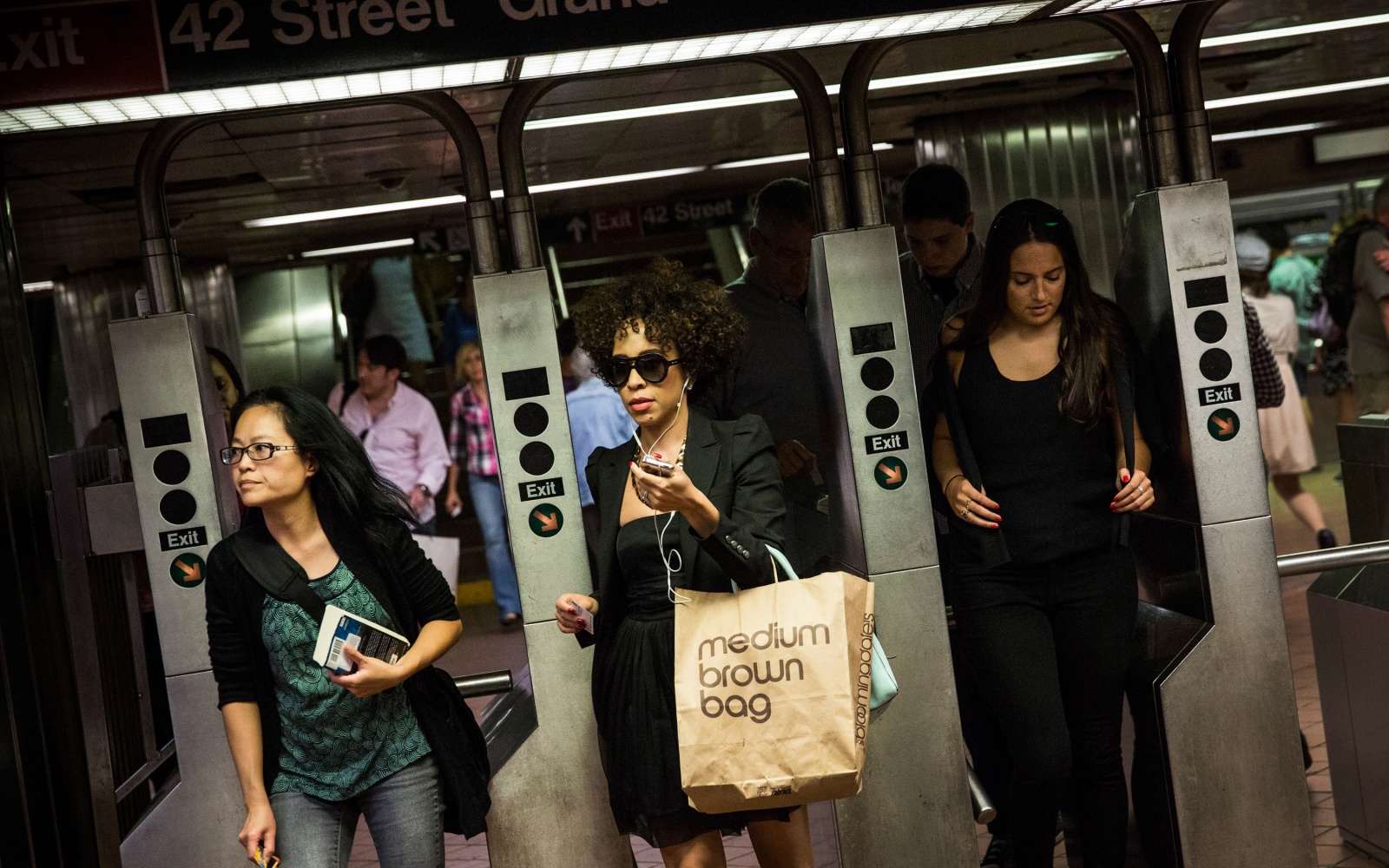
The findings of a widely publicized study may have been overblown.
If you gave up riding the New York City subway after a study suggested it might be hosting bubonic plague, then it’s time to buy yourself an MTA card — the study’s conclusion has been walked back by its authors.
The research, which was published in February in the journal Cell Systems, suggested that there were possible traces of bubonic plague and anthrax on New York City subways in addition to other microbes. In a correction added to the study on July 29, the researchers underline the very speculative nature of their findings.
In reference to the bubonic plague and anthrax findings, the researchers write, “there is minimal coverage to the backbone genome of these organisms, and there is no strong evidence to suggest these organisms are in fact present, and no evidence of pathogenicity.”
When the researchers’ findings were first published several months ago, medical experts at the U.S. Center for Disease Control and Prevention and the New York City Department of Health took issue and publicly called them into question. In the wake of the study’s release, the researchers admitted they could not be completely certain the bacteria they found was indeed bubonic plague, but the findings were not updated until last Wednesday.
Despite the correction, the research has not been retracted.
This article originally appeared on Time.com.